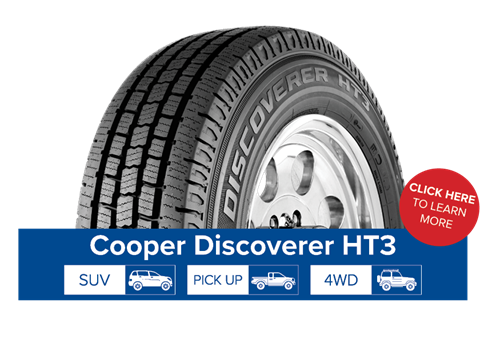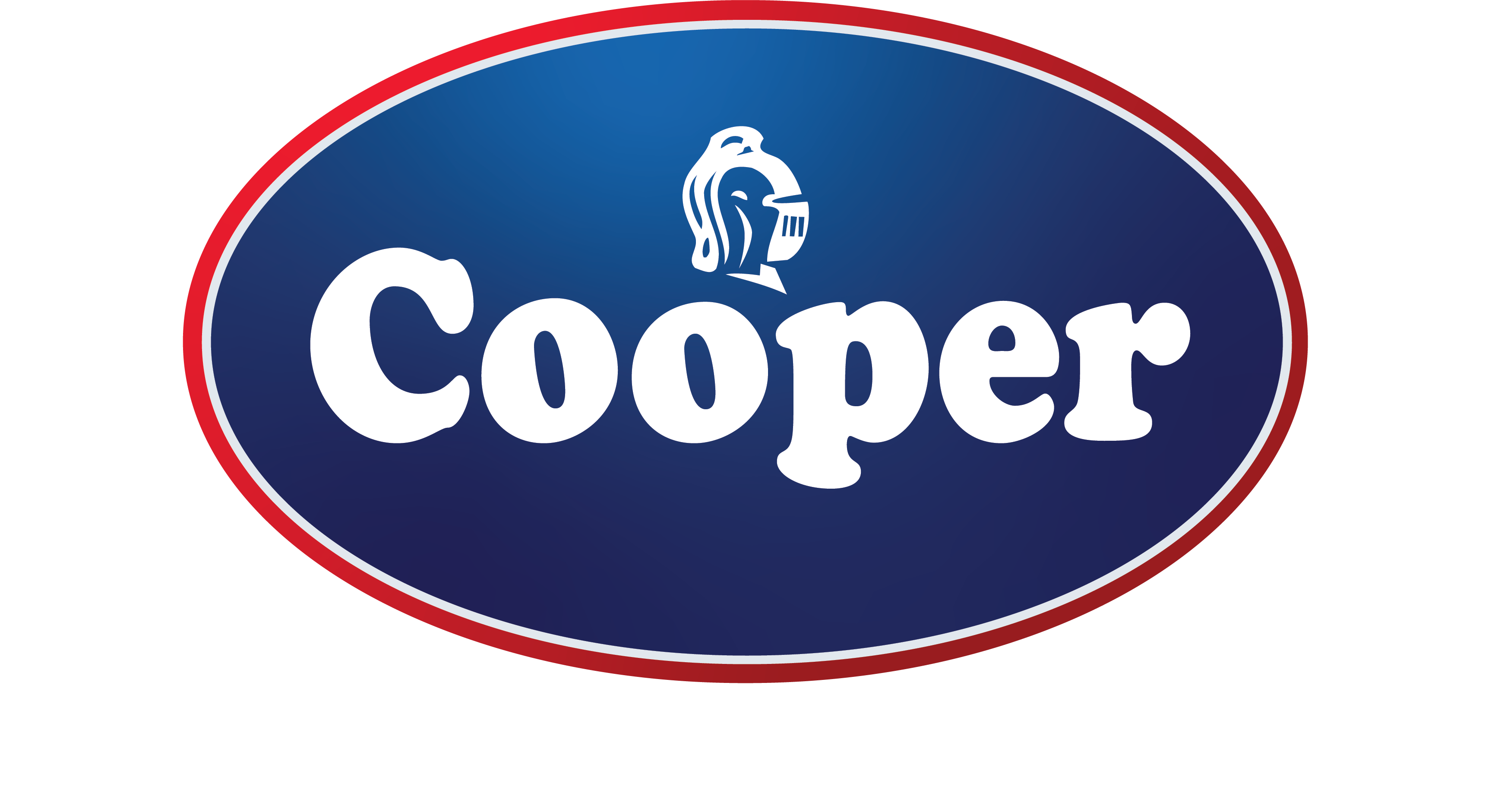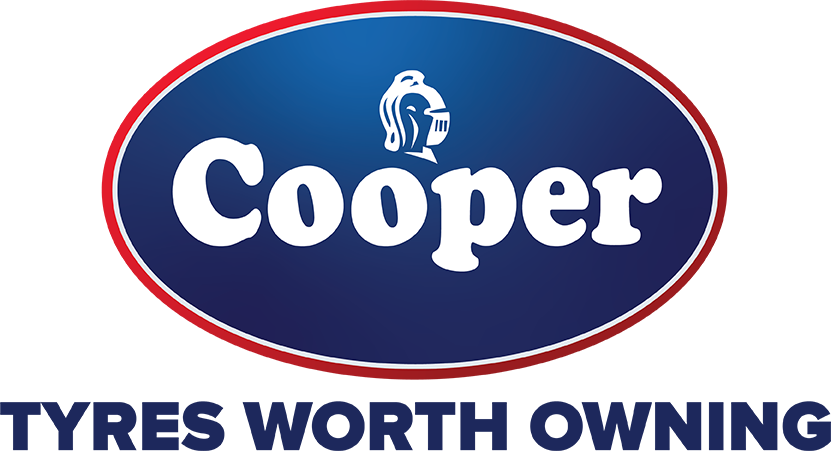What You Need To Know About Towing A Caravan

Whether you’ve been around the block a few times already, or you’re just starting out, there are lots of aspects about towing safely that you need to know, not only for your own safety and to avoid damage, but for the safety and protection of others on the road. We’ll be looking at two mains areas; tow vehicle, caravan setup and driving techniques.
CHOOSE THE RIGHT SPEED AND GEAR
While the law allows rigs under 4.5 tonne to be towed up to the posted speed limit, we’ve found that the optimum speed on the open road for most rigs is between 90~95km/h. It seems that at this speed, most vehicles return the best fuel economy and correctly setup caravans are very stable. That said, slow down when driving into a strong headwind, otherwise fuel consumption will skyrocket.
However, if driving a vehicle with manual transmission, avoid towing in overdrive. This is because the overdrive gear wasn’t designed to take the high torque loads that towing often requires. People often think that towing in overdrive saves them fuel, but this isn’t always the case as the engine is often labouring outside its torque band.
CLIMBING HILLS
When climbing steep hills, always change down before the engine starts to labour. If you are driving an automatic, lock it into gear to prevent ‘hunting’. When descending, use the gears to produce engine braking (manual or auto) to save wear and tear on the brakes. This is especially true on long steep descents as riding the brakes can cause them to overheat and fade to the point where you don’t have any brakes leading to possible loss of control.
Also, avoid using cruise control when towing, especially in heavy traffic or in hilly terrain.

TRAILER SWAY
The biggest problem with trailer sway is that most driver’s instinctive reaction is to firmly apply the vehicle brakes which is exactly the wrong thing to do. What the driver needs to do instead is to apply the brakes on the trailer only by using the manual override on the electric brake controller. This will slow the trailer down and straighten it.
It’s also important to note that installing electric stability control (ESC) on your caravan will not eliminate trailer sway under all conditions. Once the sway has built up to the level that the ESC can’t control it, the trailer will jack-knife and more than likely cause a roll over.
TYRES CHOICE IS EVERYTHING
It’s one part of the caravan and tow vehicle that some travellers overlook, but tyre choice and condition is integral to safe towing. For your caravan, get a light truck construction tyre, like the Cooper Discoverer HT3 – these tyres are made to carry loads, and will hold up to almost any condition you put them through. On the tow vehicle – pick a tyre that suits your style of touring. I find an All Terrain like the Cooper Discoverer AT3 is great for me, as I like to get off-road every now and then to some free camps.

COMMON TOWING MISTAKES
- Not crossing safety chains
- Having safety chains too long
- Not using rated shackles for the safety chains
- Not having an independent coupling point for the break-away brake cable
- Not using a DC/DC charger to charge the caravan house battery when travelling
- Not fitting towing mirrors or having them incorrectly adjusted
- Not having a WDH or not having it correctly adjusted
- Slowing down as a truck or other large vehicle starts to overtake
- Using the tug footbrake to correct trailer sway
- Fitting large and heavy objects to the rear bumper of the caravan
- Over or under inflating caravan tyres
- Assuming that the ball weight stated on the compliance is what the ball weight will be when the caravan is fully loaded
- Not subtracting the ball weight from the tug’s payload
- Exceeding one or more of the various vehicle, trailer or combination weight limits
- Having the trailer handbrake cable adjusted too tightly
- Towing in overdrive (manual transmission)
- Riding the brakes on long downhills instead of using engine braking
- Using cruise control when towing in heavy traffic, in hilly country or into a headwind
- Driving too quickly
- Tailgating – not allowing extra braking distance
- Incorrect brake controller setup
- Inappropriate brake controller for the size of the trailer
- Assuming that trailer sway will be eliminated under all conditions if electronic stability control is fitted to both the tug and trailer
- Forgetting that regular heavy towing requires more frequent vehicle servicing
- Forgetting to switch the fridge over to 12V when travelling


